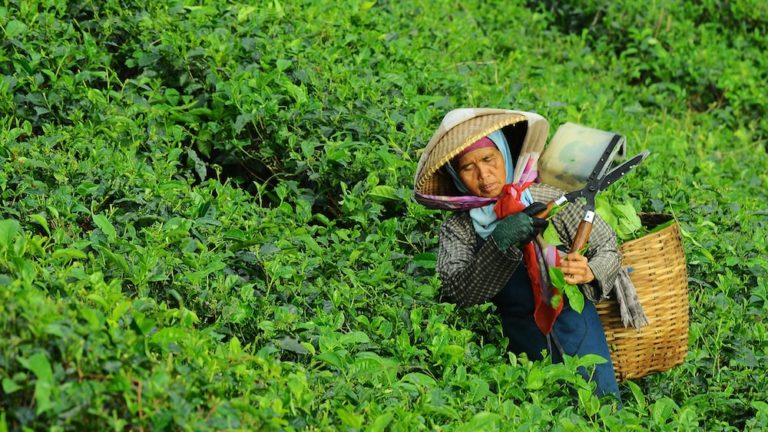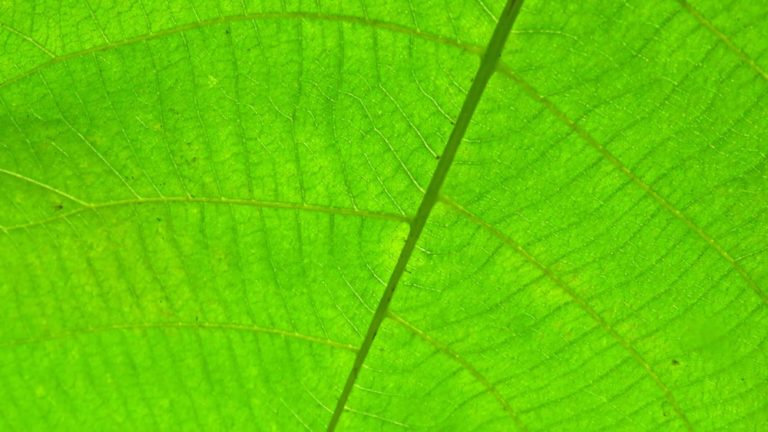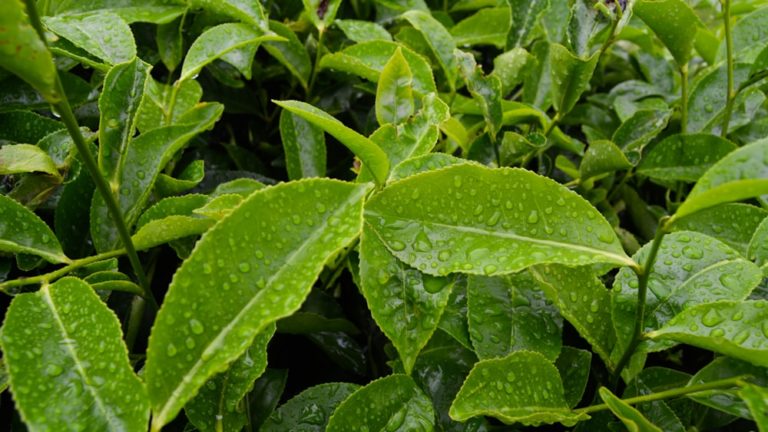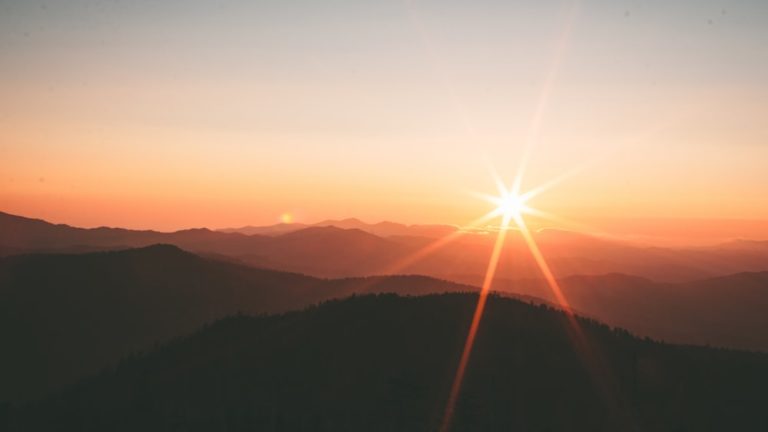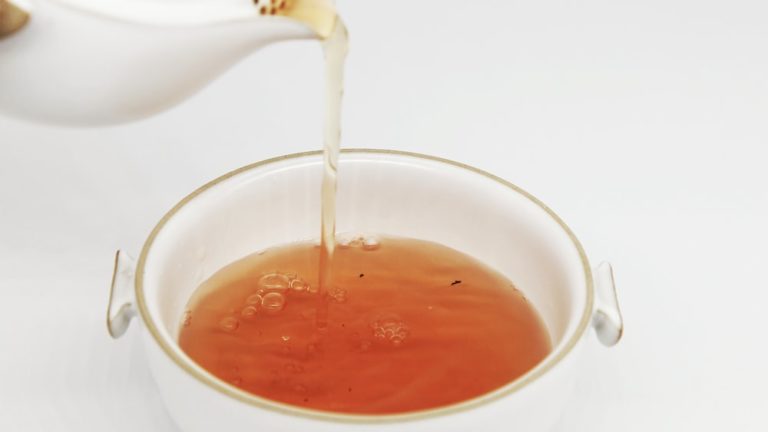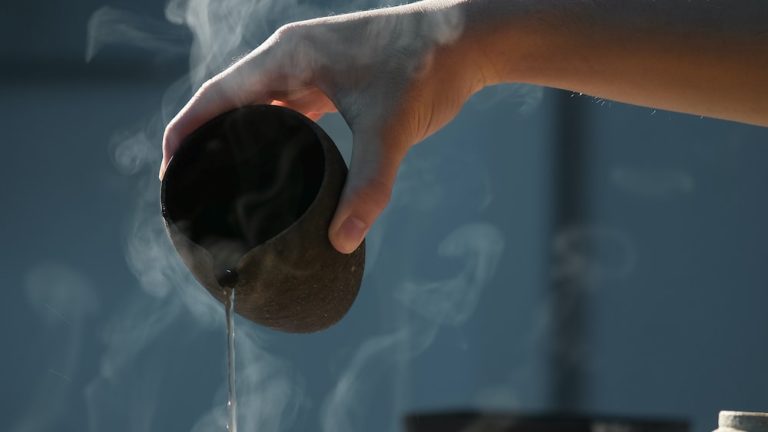Black Tea Caffeine: Unveiling The Surprising Facts
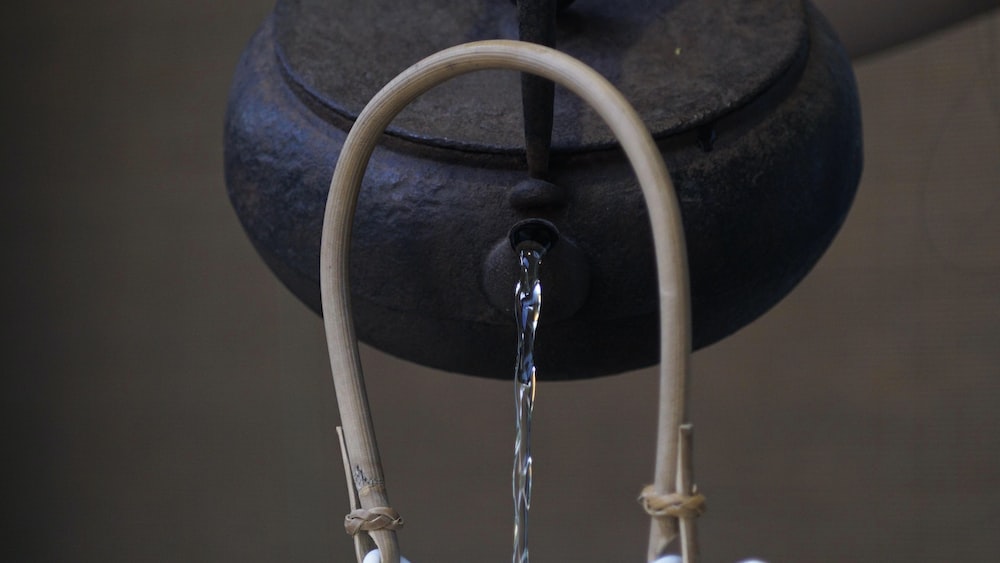
Black Tea Caffeine: Unveiling The Surprising Facts
Have you ever wondered why your heart doesn’t skip a beat after that first morning sip of black tea? I mean, unlike us mere mortals, it’s sitting pretty with the caffeine, right? Well, brace yourselves! Many of you beverage enthusiasts believe black tea to be lower in caffeine than coffee, but alas, that’s not always the case. That’s right, dear readers – black tea can indeed kick your sandals off, and I mean that caffeine-wise. With this, I invite you into the intriguing world of black tea and its relationship with caffeine – an affair shrouded in mystery and brimming with surprise.
Black tea – our beloved, dark, complex brew – has much more going on than meets the eye (or, should I say, meets the tastebuds). So as we embark on this expedition – with our hats of curiosity on and grappling hooks of intrigue ready – we will discover the bold truth about black tea and its caffeine content.
Is black tea the hare or the tortoise in this caffeinated race? Does it beat green tea? Or is it squashed under an espresso shot? Keep your teacups close, folks, because we’re about to dive deep into the strangely caffeinated world of black tea.
Understanding Black Tea
Before we unleash the caffeinated kraken, let’s get on friendly terms with our star of the day – black tea. A brew steeped, not just in boiling water, but in the annals of history, culture, and a gamut of health benefits. Prepare to be amazed and amused, dear tea lovers, as we embark on a flavorful journey peppered with surprising trivia and intriguing insights.
What is Black Tea?
So, what is this black tea that seemingly drinks coffee for breakfast? The prima donna of our tale is a true thespian, stepping up on the world’s stage bedecked in various avatars, each more intriguing than the last.
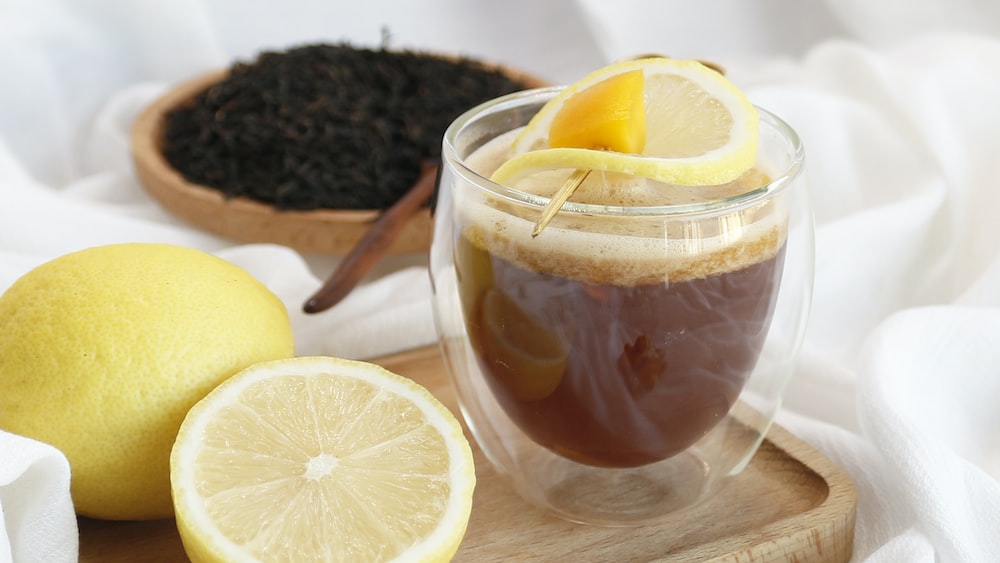
Born from the same parent plant, Camellia sinensis, as its siblings green, white, and oolong tea, black tea has a flair for the dramatic – oxidizing fully before it treats us to a performance in our teacups. The result is a rich, dark, full-bodied brew that has seduced taste buds across continents for centuries.
This intoxicating potion derives its color from the oxidation process, a magical operation where the tea leaves are treated with oxygen. In a piece of pure Shakespearean irony, it’s the ‘exposure’ to air that gives black tea its ‘character’ – an oxymoronic phenomenon, wouldn’t you say?
Black tea, born from the same parent plant as green, white, and oolong tea, oxidizes fully to create a rich, dark, full-bodied brew that seduces taste buds across continents.
Origin and Production of Black Tea
The tale of black tea began in China, where it was initially known as “red tea” due to the crimson color of its brew. This ancient beverage travelled across continents, sat with kings, danced at parties, and soon enough, became a global sensation and the preferred choice of everyday drinkers.
Today, robust and flavorful black teas are produced in several regions, each lending its unique signature to the brew. From the rich, malty Assam teas of India to the fragrant, fruity Darjeelings and the smoky Lapsang Souchong from the Chinese province of Fujian – the world of black tea is a swirling vortex of flavors to be explored.
In the production of black tea, the tea leaves are withered, rolled, fully oxidized, and then fired. Basically, they’re thrown a surprise party, tossed about in a mixer, left to dry out, and finally fired – talk about a roller coaster ride, huh?
Caffeine Content in Black Tea
With a CliffNotes-level understanding of black tea under your belt, let’s bravely step into the labyrinth of caffeine content in black tea. Let me assure you; the adventure that awaits us makes Alice’s Wonderland seem like a walk in the park.
How Much Caffeine is in Black Tea?
Now, clasp your cups tighter folks because this might ruffle your teabags. A standard cup of black tea, brewed for 3 minutes, has around 40 to 70 mg of caffeine. Shocked? Well, hold onto your biscuits, because an equally sized cup of coffee only has about 95 to 200 mg of caffeine. That’s right! Your calming cup of black tea could sneak up behind your coffee with as much as half its caffeine content!
But before you trade your teapot for coffee mugs, remember that things are seldom as simple as they seem in the intriguing world of tea-caffeine dynamics. The exact level of caffeine can vary – a puzzle that is influenced by numerous factors such as tea type, the amount used, brewing time, and temperature.
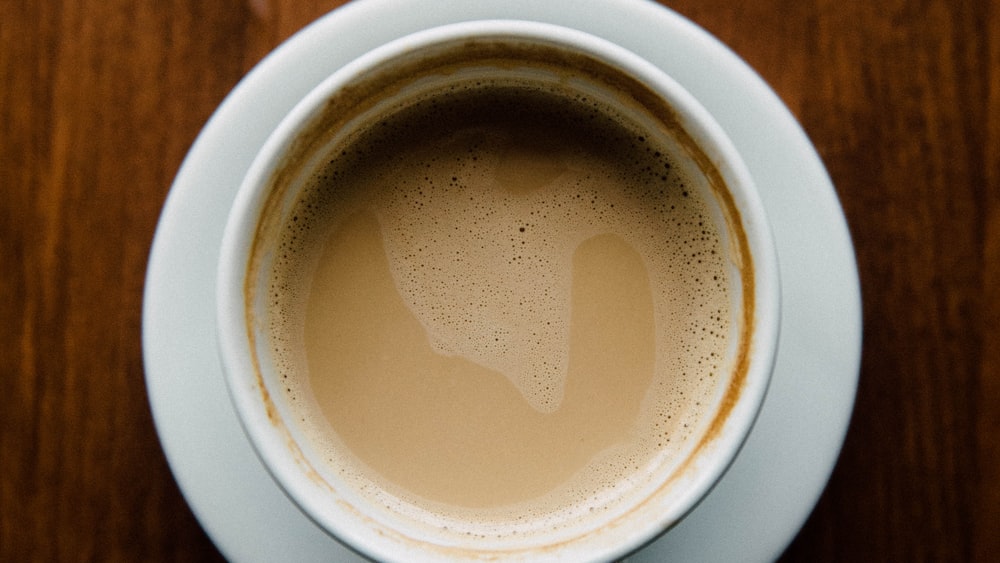
Factors Influencing Caffeine Content in Black Tea
The caffeine content in your teacup is like a Rubik’s cube, influenced by a dizzying array of factors. Let’s don our Sherlock hats and decrypt this caffeine cryptogram, shall we?
- Tea Plant Variety: Different types of Camellia sinensis have different levels of caffeine. Wrinkle your foreheads all you want, but your tea leaves might be greener on the other side.
- Growing Conditions: Variables like soil, climate, altitude, and the age of the leaves when plucked can all influence the amount of caffeine in your tea. Yes, even Mother Nature can’t resist messing with your brew.
- Brewing Variables: This one’s pretty straightforward – the longer you steep your tea, and the hotter the water, the more caffeine gets infused in your brew.
Black Tea vs. Coffee: A Caffeine Comparison
Now that we’ve acquainted ourselves with the caffeine realm of the mighty black tea let’s throw a curveball into the mix – coffee. The timeless tea or coffee debate gets a caffeinated twist right here. This comparison is set to be an unraveling expedition, like comparing apples to oranges, only more stimulating and aromatic.
Caffeine in Black Tea vs. Coffee
Are you ready for a caffeine face-off, my friend? Surprisingly, this doesn’t go down quite like a box-office blockbuster movie. Despite popular belief, a cup of black tea holds less caffeine than a similar serving of coffee. Let’s really pour into it, shall we?
On average, an 8-ounce serving of black tea contains around 25-48 milligrams of caffeine. Coffee, on the other hand, isn’t playing around. In an equally fierce 8-ounce cup, it fetches a whopping 95-200 milligrams!
But before you dump your beloved black tea for his high-octane cousin, remember this. Caffeine in tea comes with a sidekick, an amino acid called L-theanine. This masked marauder aids in slow absorption of caffeine, providing a gentler, more sustained energy boost as opposed to the spike-and-crash sequence coffee drinkers often endure.
Factors Influencing Caffeine Content in Coffee
Now it’s not as simple as coffee being the caffeine Hulk and black tea his less aggressive sibling. A smorgasbord of factors influences the caffeine content in coffee. Variables such as the type of coffee bean, roast level, and brewing method all flex their muscles here. Expresso for instance, yes that tiny shot served in cute cups, has more caffeine per volume than regular coffee. Talk about tiny but mighty!
Arabica beans, although superior in taste, pack less caffeine than the brawny Robusta beans. Even the soil and climate where the coffee is grown could be meddling with the caffeine levels!
Furthermore, the darker the roast, the less the caffeine content. It seems counter-intuitive, doesn’t it? An unfair paradox – the richer the color, the lower the punch. But that’s the coffee world for you – full of mocha-hued mystery.
Health Implications of Caffeine in Black Tea
Now, we’ve established that black tea has less caffeine than coffee, but it’s not about getting off scot-free. There are still some important health implications for the caffeine content in your beloved black tea. This beverage can both bless and burden, and your body’s reaction may well be the cup that tips the scales.
Benefits of Caffeine in Black Tea
Caffeine in black tea is not all jitters and palpitations, oh no. First, it’s your trusted ally in the battle against fatigue. It blocks adenosine, a chemical messenger that signals tiredness, keeping you alert and on point.
Second, it also boosts your metabolism, making your inner calorie-burning furnace more efficient in its function. This may serve as a hallelujah moment for my fellow weight watchers. That’s not all, caffeine can also enhance brain function and improve mood. No wonder this beverage is often our first port of call each morning!
Caffeine in black tea is a trusted ally in the battle against fatigue, boosting metabolism, enhancing brain function, and improving mood.
Potential Side Effects of Caffeine in Black Tea
But as with anything, moderation is key. Consuming too much caffeine, even in black tea, might yield a less-than-pleasant host of side effects, include jitteriness, heart palpitations, and sleep disturbances. Hey, it might even make you more dateable, with research linking excessive caffeine consumption to irritability and mood swings!
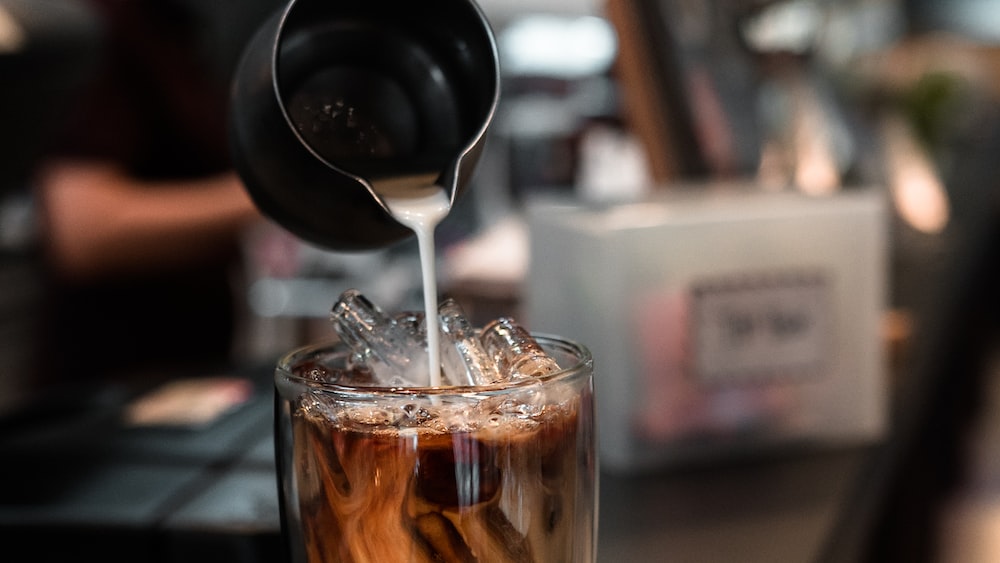
Regularly consuming high amounts of caffeine might also lead to caffeine dependency. Turning into a tea-addict might sound like a badge of honor for some of us, but facing withdrawal symptoms like headaches and drowsiness when denied our cups, is not so much fun.
Lastly, for some individuals, caffeine can lead to an increase in blood pressure. Although it’s a temporary effect, you might want to dampen your black tea enthusiasm if high blood pressure is on your health radar.
How Black Tea Caffeine Affects Your Body
To decode how black tea revs your body’s engines, we take a two-pronged approach – the short-term and long-term effects. The caffeine insinuates itself into different aspects of your physiology, doing a fascinating little jig that is sure to amuse the science enthusiast in you.
Short-term Effects of Caffeine in Black Tea
Caffeine in black tea acts like that really prompt party guest; the effects can be felt in as quickly as 15 minutes of consumption. A rapid yet short-lived increase in energy levels and alertness is often the first noticeable impact. Welcome to the ‘caffeine high’, my friends!
Along with this, caffeine also stimulates the release of dopamine – the feel-good neurotransmitter. This can lead to improved mood and a general sense of well-being, giving you the vibe of a kitty who just basked in a beam of morning sunlight.
Long-term Effects of Caffeine in Black Tea
Sipping on a warm cup of black tea can be comforting, like a hug in a mug, but what about the long-lasting effects of its caffeine content? Let’s unwrap this tea mystery together, shall we? Over time, the caffeine from your daily cup of black tea can influence both your mental and physical health in ways that are mostly beneficial.
Studies have demonstrated that caffeine can boost metabolic rates, enhance brain function, and even provide a potential defence against Alzheimer’s and Parkinson’s diseases. It’s like your brain’s own personal superhero, ready to battle those confusing crosswords and tough traffic commuting. However, keep in mind that these are long-term effects. Don’t expect to solve quantum physics after your first cup!
Frequently Asked Questions
1. Does Black Tea have more caffeine than green tea?
In the great caffeine showdown between black and green tea, black tea takes the throne. Yes, black tea does contain more caffeine than green tea, thanks to the longer oxidization process it undergoes. This transforms the tea leaves, giving them a stronger taste and a higher kick of caffeine.
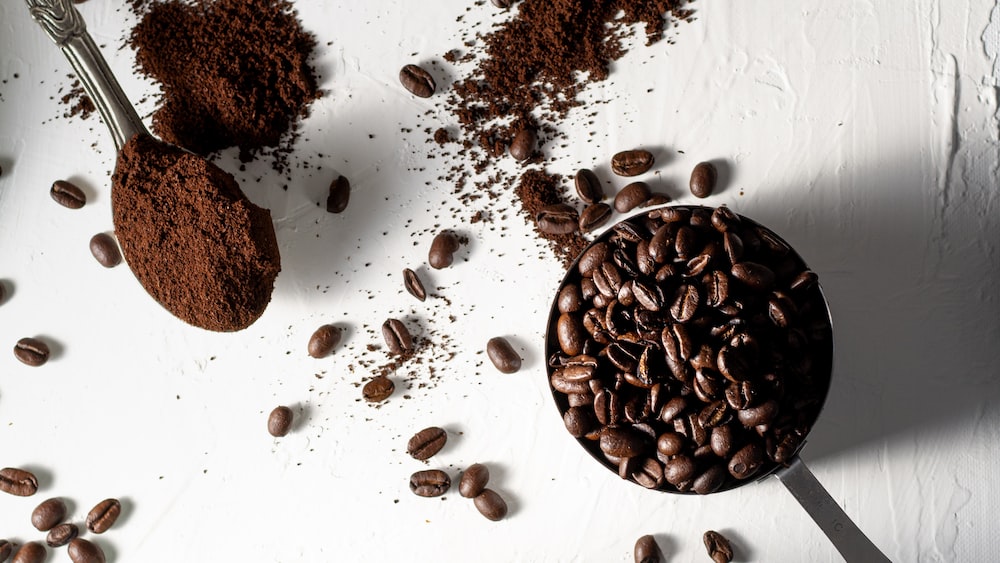
2. Can Black Tea keep me awake?
Asking if black tea can keep you awake is like asking if popcorn makes a movie better – the answer is a resounding yes! The caffeine content of black tea stimulates your central nervous system, helping you stay alert and keeping those pesky yawns at bay.
3. How much black tea is too much?
Tackling the question of how much black tea is too much is a bit like answering, “How much chocolate is too much?” It ultimately depends on your body’s tolerance to caffeine. Most experts suggest that up to five cups of black tea a day is generally safe. However, it’s always a good idea to tune into your body’s responses.
4. What are the health benefits of drinking black tea?
Drinking black tea brings more benefits than just a delightful taste. Who knew a plant could be so beneficial?! Regular consumption can improve mental alertness, aid digestion, boost heart health, and even help reduce cholesterol levels. That’s a whole lot of goodness packed into those tiny leaves!
Conclusion
Black tea, with its robust flavor and caffeine boost, really is the unsung hero of our daily lives. Its engaging symphony of taste from the fermented leaves of the humble Camellia sinensis plant unfolds over time, and understanding the role of caffeine in that process makes our tea experience even more fascinating.
Let’s continue to embrace our love for tea, savoring its flavors, and appreciating the varied effects it has on our bodies. Whether you’re a casual sipper or a die-hard fanatic, the world of tea offers a myriad of pleasures and surprises, much like life itself.
So, as you take your next sip, remember to appreciate the magic in your cup! Cheers to health, happiness, and good old black tea!
Zoe

